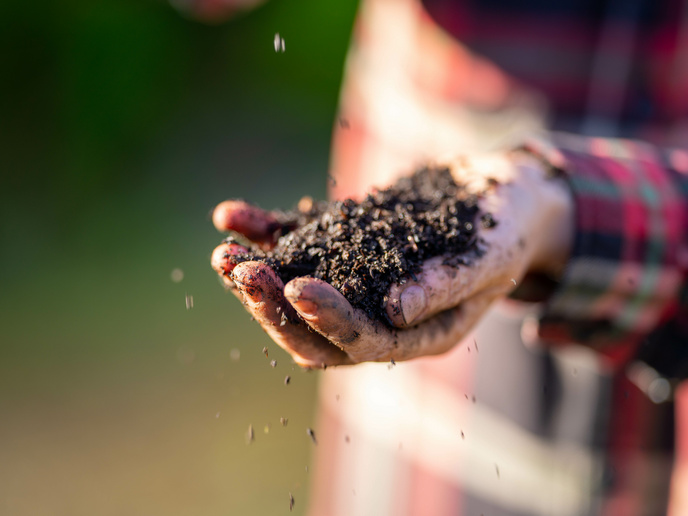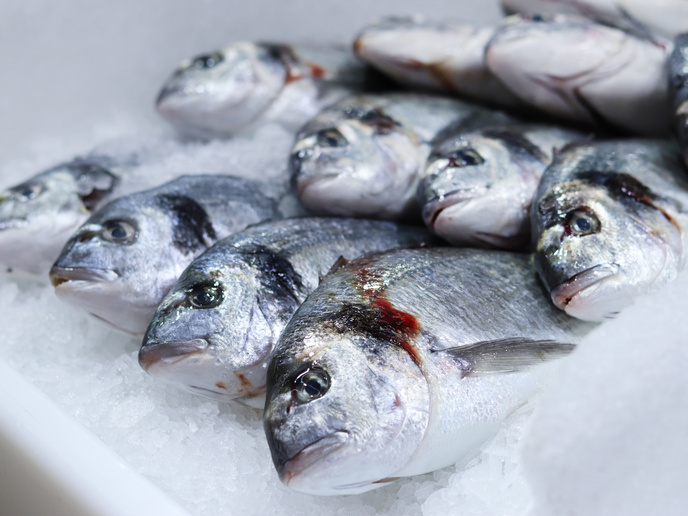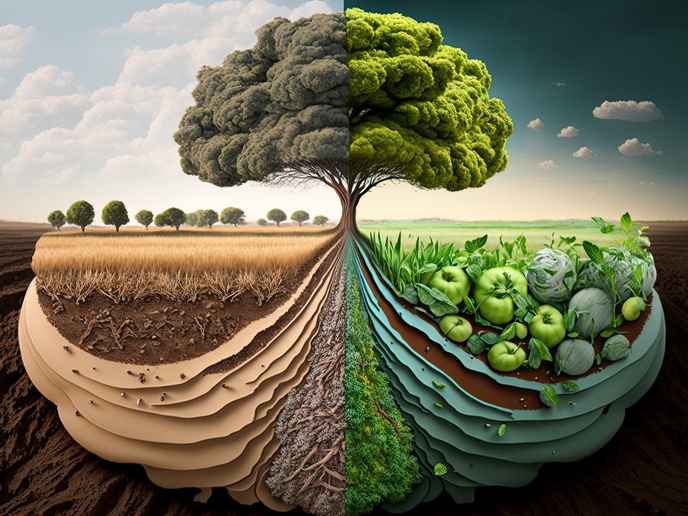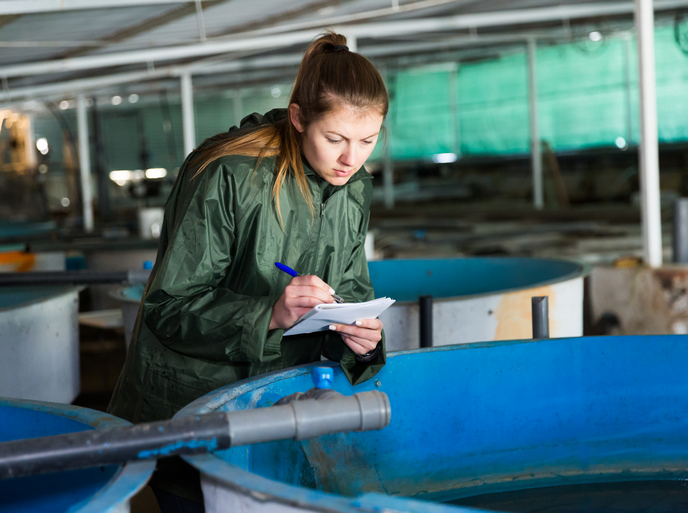Leveraging microbiomes to future-proof food systems
Microorganisms are an integral part of the environment. They are present in the air, soil and water, and together with their hosts, they are part of a complex web of interactions called the holobiome. Scientists know that the holobiome plays an important role in food systems, but the mechanisms by which microorganisms, plants and animals interact to affect food production remains poorly understood. The EU-funded CIRCLES(opens in new window) project studied food-related holobiomes and produced microbiome tools and procedures that enhance food production.
Mapping microbial ecosystems
To achieve its aims, the CIRCLES project focused on six food systems that are representative of the European food supply. These are spinach, tomatoes, poultry, swine, Atlantic salmon and sea bream. These six food systems were chosen as they cover meat production, aquaculture and fresh produce. On research farms and aquaculture facilities, scientists used state-of-the-art DNA sequencing technologies to assess the microbiomes of the plants and animals being studied. They identified microbes associated with healthy organisms and less healthy organisms using an approach called comparative metagenomics. “CIRCLES identified essential microbes across the six food systems that provide key growth-promoting functions, enhancing the defence and nutrition of the associated holobiome,” shares project coordinator Marco Candela.
Smart microbiome modulators
CIRCLES exploited the knowledge gained in the mapping phase of the project by analysing the comparative metagenomics results to identify what was missing or was out of balance in the microbiome. The team then attempted to restore the microbiome to a healthy state by introducing smart microbiome modulators (SMMs), such as prebiotics or probiotics, tailored to the observed deficits. The success of this approach was tested by measuring crop performance in plants and taking biological samples from animals. CIRCLES anticipates marketing tailored SMMs to food producers to ensure a safe, sustainable and high quality food supply.
Microbiome toolboxes for food producers
Available on the project’s website, CIRCLES has developed toolboxes for each of the six food systems targeted. These toolboxes provide producers with the information and tools they need to exploit the natural microbiome and boost production. In addition to food-specific tailored SMMs, the toolboxes provide access to a patent-pending assessment instrument. Candela shares: “The most promising result of the project is the Universal Reporting tool, an instrument that, when adapted to different contexts, has enabled the development of a series of reports for assessing the health status (e.g. diversity, network structure, presence of key taxa) of the microbiota in food production processes.” CIRCLES has shown that working with microbes, rather than against them, makes economic and environmental sense. Still, the regulatory framework that oversees food production presents a challenge, as it is unclear and fragmented. Candela hopes regulations will catch up soon. “CIRCLES has shed light on the crucial role of natural microbiomes as reservoirs of microorganisms that play key roles within food systems,” he explains. With new knowledge of holobiomes and proper regulatory support, we can safeguard the future of safe, sustainable and healthy food systems.







